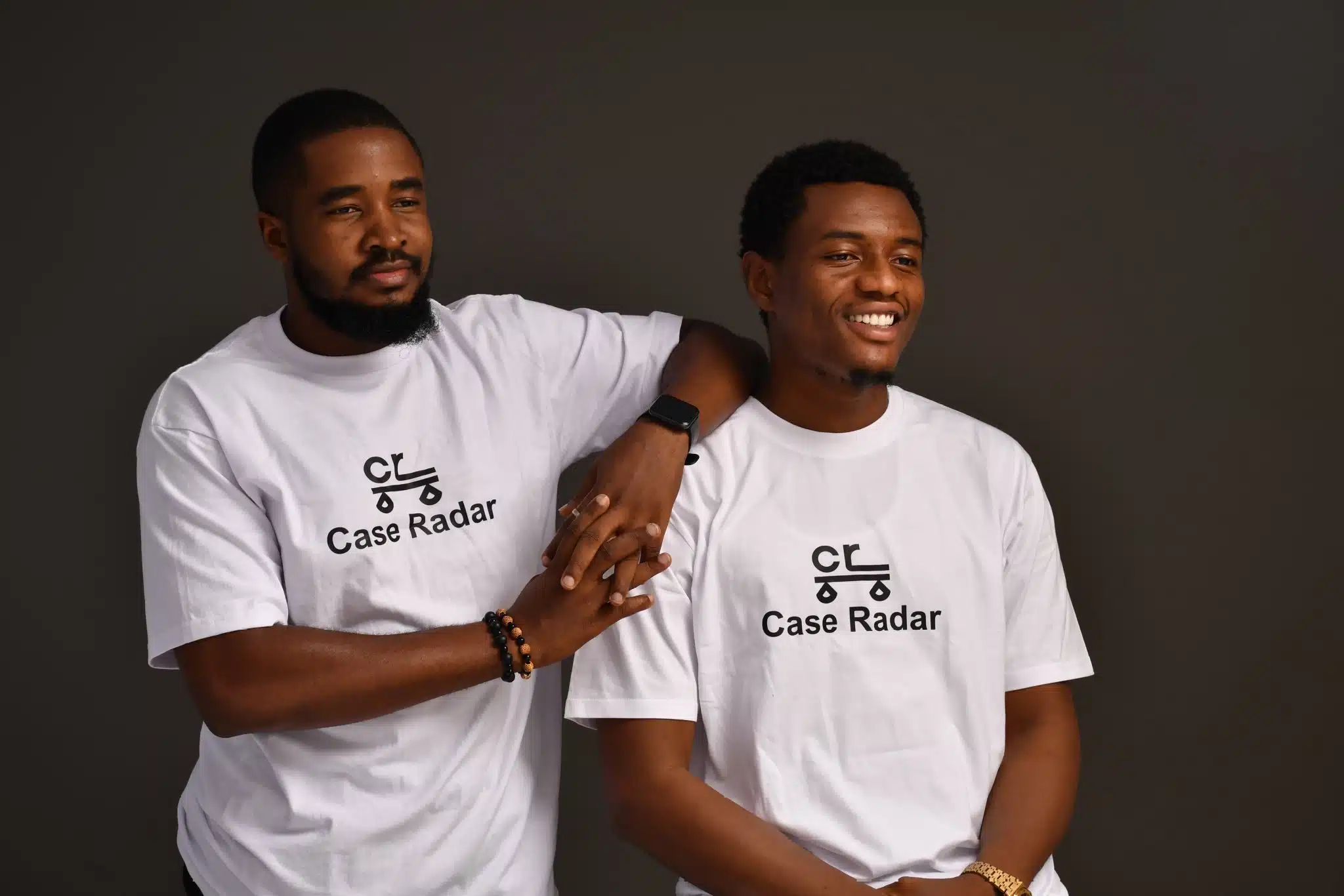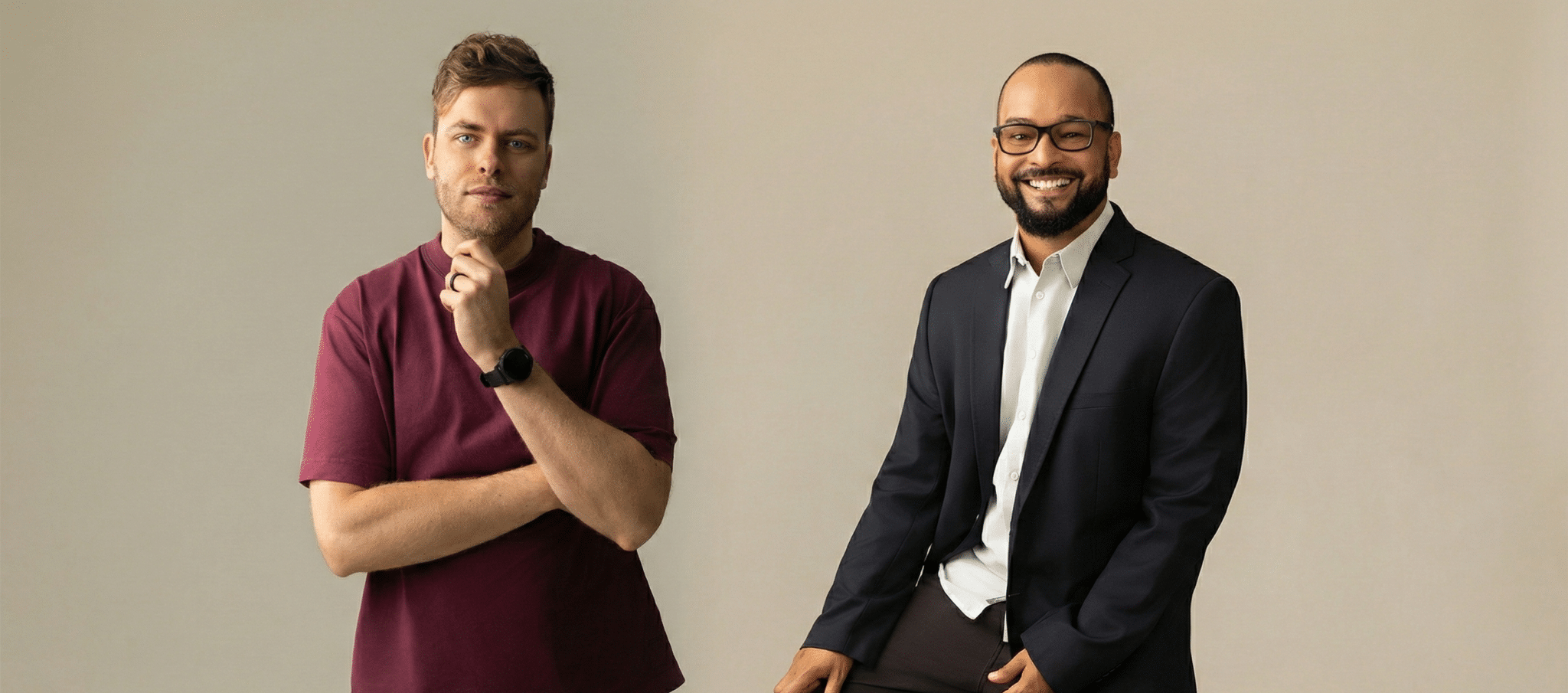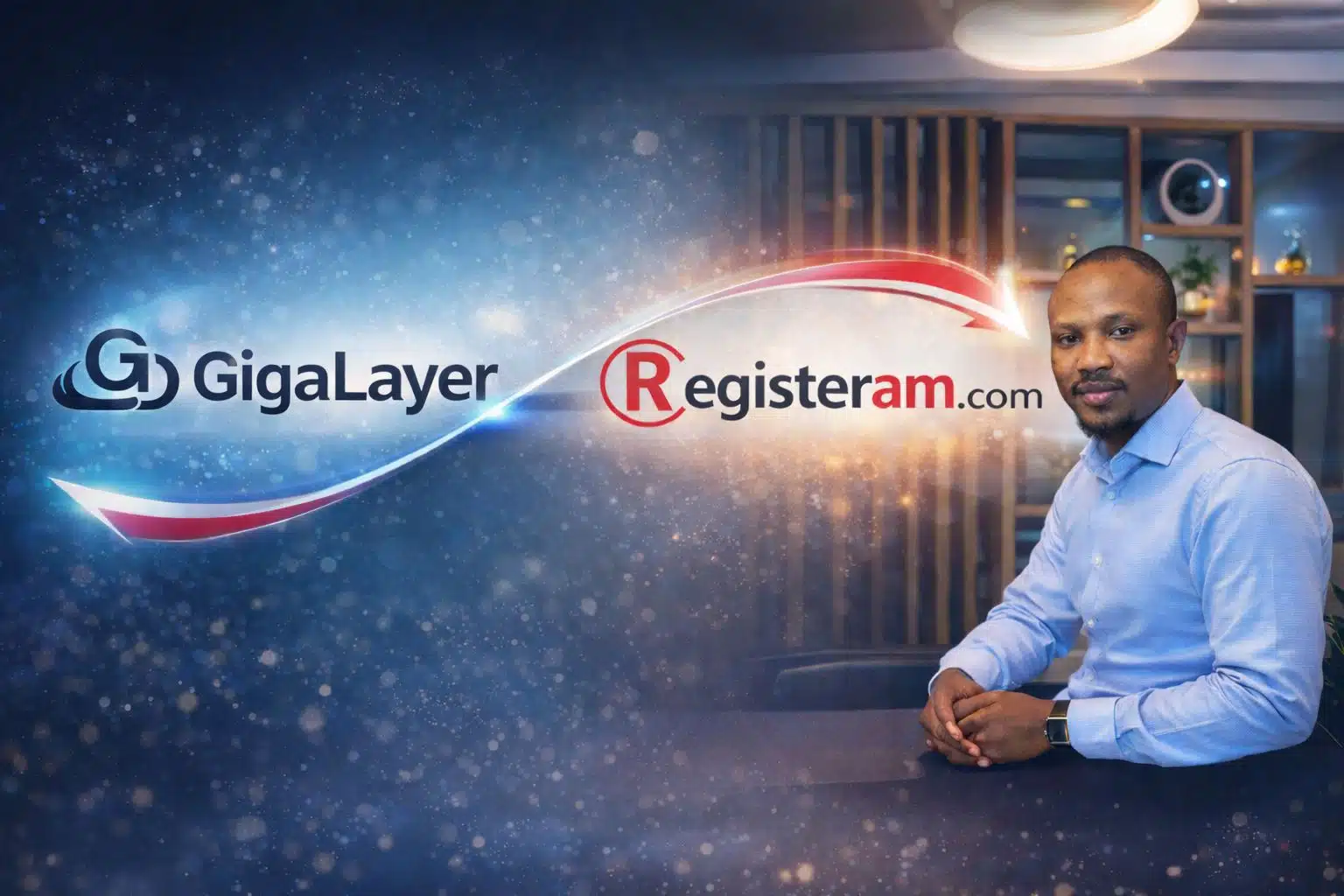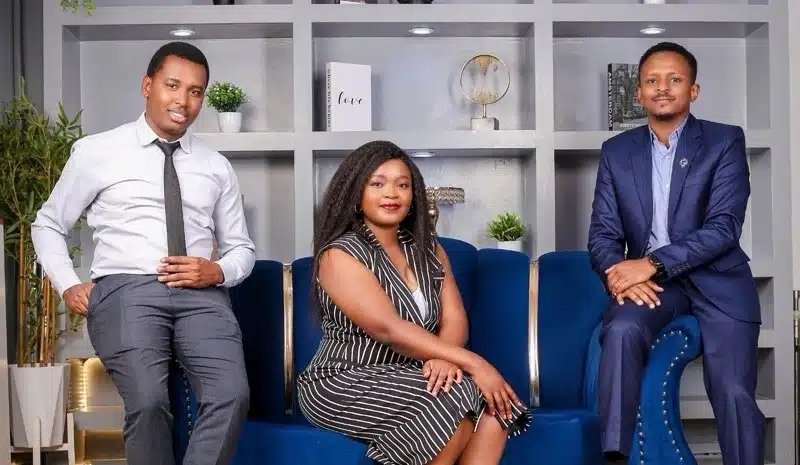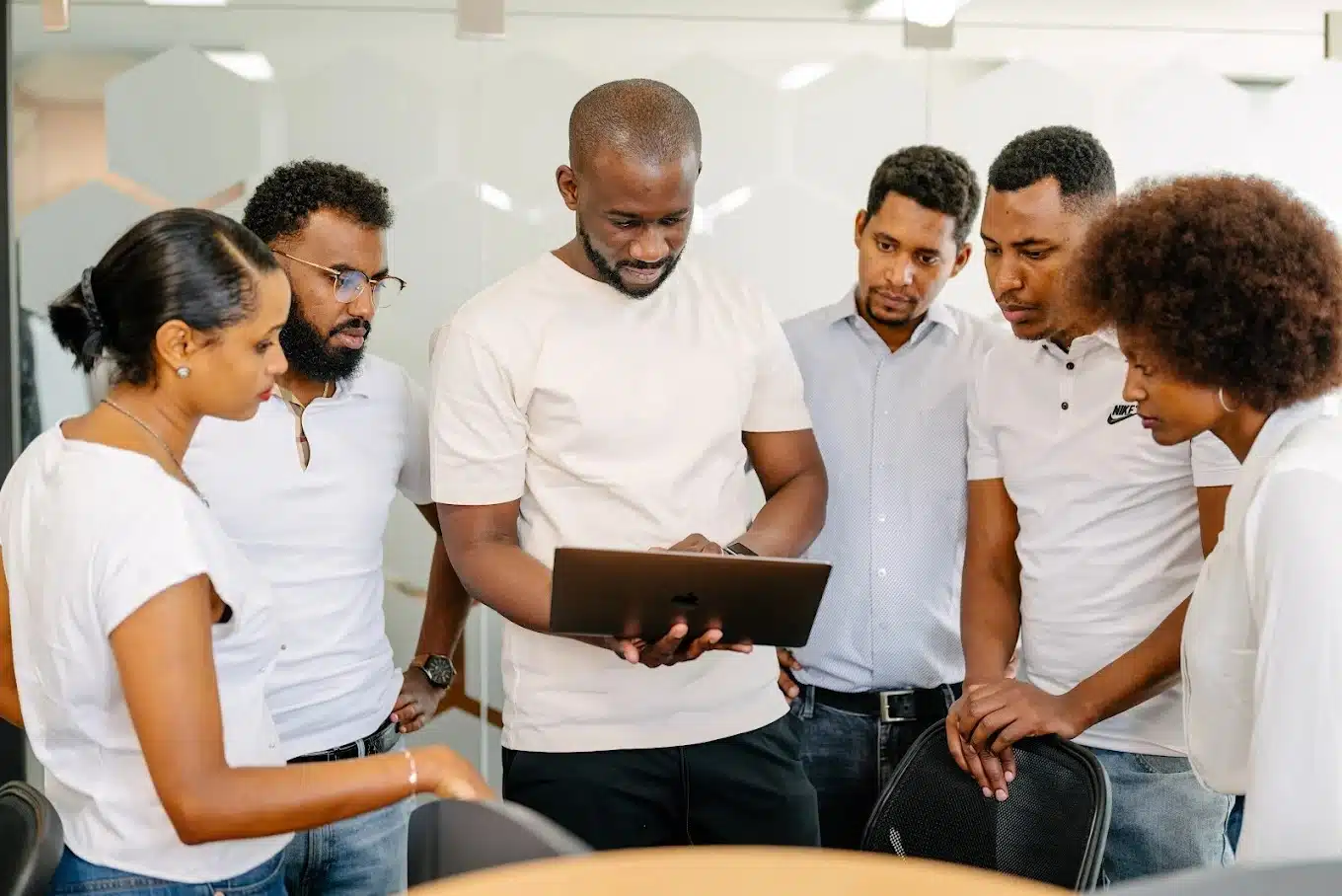Building an impressive AI product is no small feat, especially given the dizzying pace at which the technology is advancing. Competing with the likes of OpenAI and Google typically requires either bottomless funding or a magic wand.
Agbo Obinnaya and his co-founder, Ngwu AnthonyMark, have neither. Yet they believe they’ve built something that deserves a second look. Their AI platform, Case Radar, launched in September 2024, already has over 1,400 users and was created to help Nigerians learn more about the law, receive legal guidance, and even find lawyers suited to their cases.
While both founders acknowledge that OpenAI’s ChatGPT can provide legal advice, they argue that its knowledge is limited to what’s already online. Case Radar, on the other hand, is powered by digitised Nigerian court documents — most of which were not previously available on the Internet. It’s a bold bet that American and Chinese chatbots haven’t dared to make.
Doing what OpenAI hasn’t done
Obinnaya believes Case Radar’s competitive edge lies in its focus, local relevance, and honesty. It’s built solely for Nigerian law, trained on hard-to-access analogue court data, and, crucially, doesn’t hallucinate.
“We’ve trained it to just say ‘I don’t know’ when it doesn’t know something,” Obinnaya said.
This inability or refusal to admit uncertainty is one reason large language models hallucinate, a point reiterated by Amazon CTO Werner Vogels during a recent visit to Nigeria. Ask ChatGPT a question it can’t answer, and it might invent one.
That’s not to say ChatGPT doesn’t have its place. With over 400 million weekly users, it’s the eighth most visited website in the world and arguably the most versatile digital assistant ever built. But Obinnaya insists that when it comes to Nigerian legal information, Case Radar is the better tool. After all, it’s trained on thousands of court documents that don’t exist anywhere else.
Digitising those documents was the hardest part.
“The data was so huge that Victory had to move from Enugu to Abuja because it was too difficult to send,” he said.

Victoria Fakiya – Senior Writer
Techpoint Digest
Make your startup impossible to overlook
Discover the proven system to pitch your startup to the media, and finally get noticed.
Victory wrote the code that would extract, clean, and process this information into formats the AI model could train on.
People are using Case Radar
In under a year, Case Radar has amassed 1,400 users, momentum Obinnaya attributes in part to his background in Web3 marketing. Drawing on experience promoting decentralised products, he used online and offline community building to grow interest in the platform.
“Instead of just building a platform, we also decided to build communities,” he said. Obinnaya’s background as a lawyer has also shaped the product.
“We realised that when people talk about the law, they feel fear. I think it’s because they don’t understand it.”
Beyond anecdotal insight, Obinnaya also ran a survey and found that most Nigerians had very limited legal knowledge. Meanwhile, lawyers themselves face unemployment.
“Every year, the Nigerian Law School calls over 5,000 lawyers to the bar, and that creates job scarcity.”
Case Radar tries to solve both problems by educating people while connecting lawyers to potential clients. Signing up is simple. Like ChatGPT, users create an account and begin interacting. But this chatbot has legal-specific tools like document summarisation, analysis, and a ‘find a lawyer’ option.
Asked what it does, the AI responds:
“I am an AI legal assistant designed to provide accurate, detailed, and practical legal information specifically for Nigerians.”
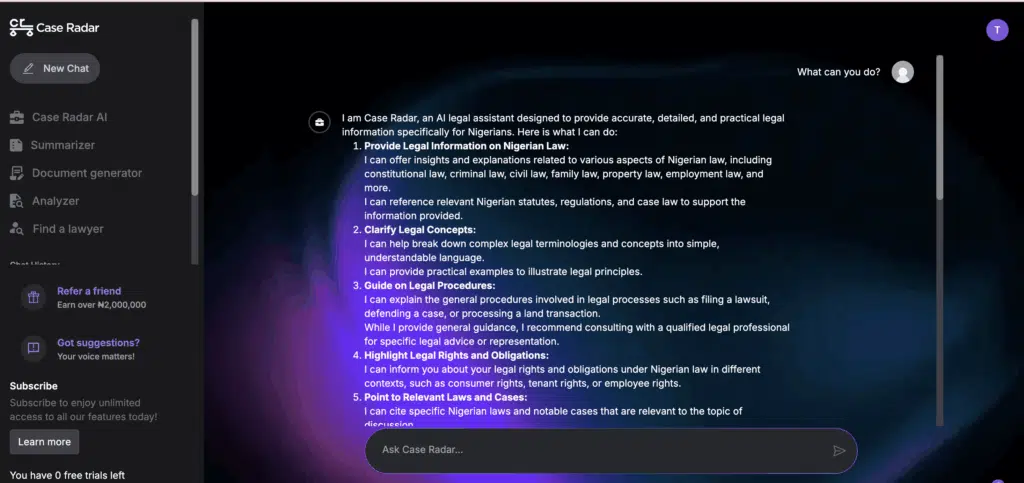
How does Case Radar make money?
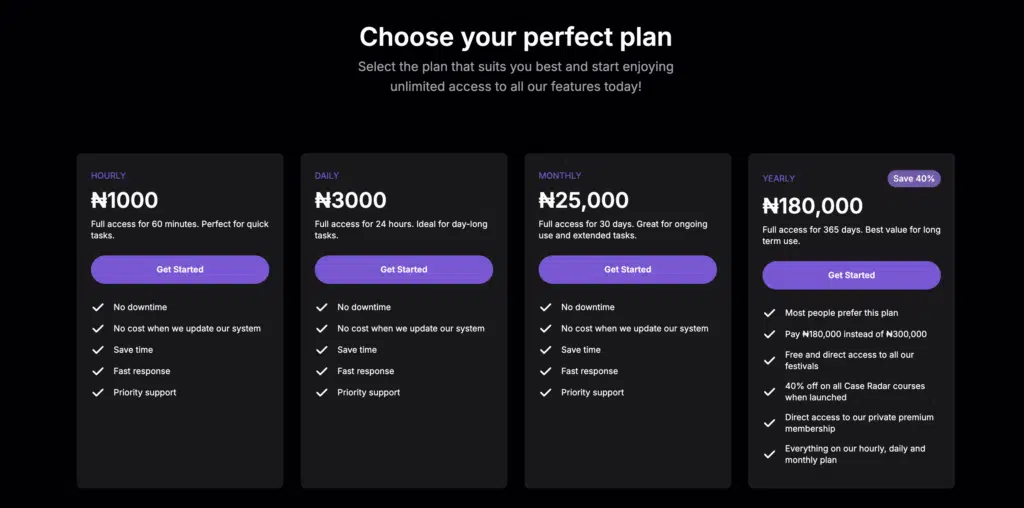
While the platform boasts over 1,400 users, its revenue is modest — ₦500,000 (about $330) since launch. The bulk of that has come from subscriptions, its primary business model. Users receive three free trials, after which they can pay ₦1,000 ($0.67) per hour, ₦3,000 ($2) per day, ₦25,000 ($17) monthly, or ₦180,000 ($120) per year.
Lawyers face a slightly different model. To be listed, they must prove their credentials and pay a ₦30,000 ($20) annual fee, in addition to their subscriptions.
“It’s a yearly fee for connecting them to clients,” Obinnaya explained.
Users appear to be comfortable with the fees, and Obinnaya claims that feedback has been positive. Still, the fact that only a small portion of users are paying could signal the need for pricing revisions.
And while Case Radar’s edge, a chatbot trained on exclusive Nigerian legal data, is impressive, it may not be hard to replicate. OpenAI’s Custom GPTs and API tools (like RAG, or retrieval-augmented generation) allow developers to build similar legal assistants, provided they have access to the same court documents. Case Radar itself is built on GPT infrastructure.
The value, then, is in the convenience. Case Radar offers ease of access, smart UX, and tailored features, all of which could technically be built by someone else, but not without significant effort and expertise. With at least a ten-man team, mostly working on infrastructure and marketing, Obinnaya and his CTO, Victory Nnaji, have built more than a prototype; they’ve built a brand.
But to stay relevant, they must evolve quickly. AI is changing fast, and in a world where more people use AI than build it, they’ll need to do much more than digitise documents. They’ll have to keep innovating or risk being outpaced by the very technology they built upon.
Evolving will be hard, though. AI needs funding, and besides both founders, the only other funding they’ve got is from family. But Obinnaya is relentless.
“The plan is to launch our mobile app, do extensive marketing, and build a massive community. We will learn in the process and keep improving,” he said.

